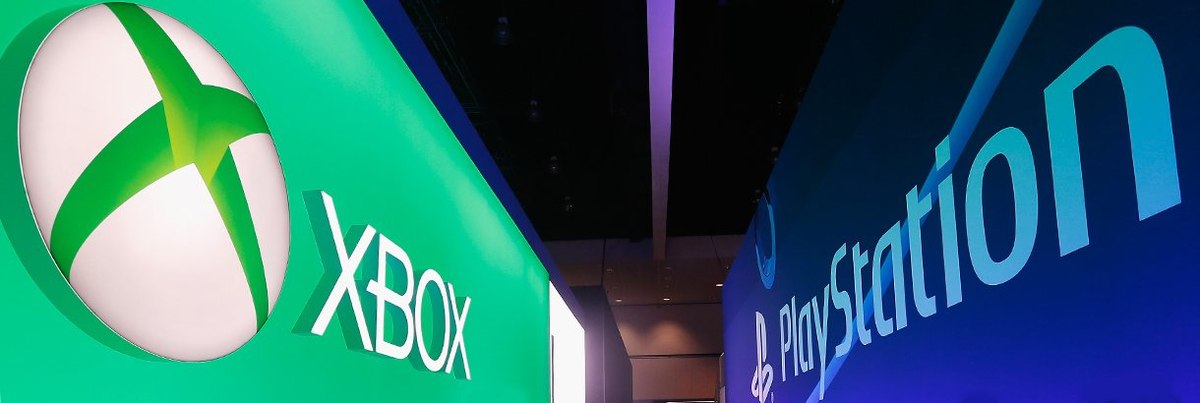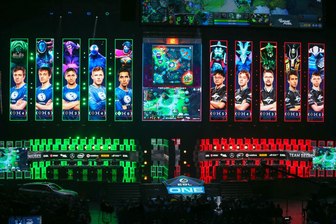Amid the coronavirus pandemic, Americans are playing video games more than usual. The gaming industry is among the few business sectors to see a boost from the pandemic. Playing video games even earned the
endorsement of the World Health Organization as part of its #Playaparttogether campaign
, which encourages gaming and social distancing in order to limit the transmission of coronavirus.
People seem to be listening. A quarter of Americans (25%) say they’ve been gaming more than usual since the outbreak began in the United States. That's more than four times the amount who say they've been playing less than usual (6%), according to a YouGov survey conducted August 6 – 7, 2020.
Americans who play at least one or more hours of video games on console or PC per week (I.e., console or PC gamers) are significantly more likely to say their gaming habits have changed. More than one in two console or PC gamers (56%) say they’ve been playing video games more than usual. Again, that’s eight times as many who say they’ve been gaming less than usual (7%).
In terms of age, specifically by generation, millennials drive most of the increase in video gaming since the start of the health crisis.
The end of 2020 signals some welcome news for console gamers. Sony and Microsoft are each slated to release a next generation console this holiday season, and YouGov data shows that both the
Xbox and PlayStation brands have been able to drum up purchase consideration
among console owners through digital reveal events and product showcases.
Roughly three months out from the holiday season, YouGov data indicates Sony has an edge over Microsoft among console and PC gamers in terms of purchase interest for the new consoles. Among people who play at least one hour of video games on PC or consoles a week, 54 percent say they are interested in buying Sony’s upcoming PS5. Purchase interest for Microsoft’s Xbox Series X sits at 43 percent among the same group.
Consumer perceptions of the consoles may be subject to change once Sony and Microsoft officially announce the price tags associated with their consoles, as well as based on any changes in official launch dates for key titles (such as the recent news that
Halo Infinite will not be released along with the Xbox Series X
). This poll was conducted prior to the announcement that Halo Infinite will arrive in 2021 rather than during 2020 holiday season as originally planned.
Consumers interested in buying Sony’s PS5 also have another big decision to make this year: opt for the complete version of the console (which includes a disc port with Blu-Ray capabilities and allows for backwards compatibility with games from previous PlayStation generations) or buy the Digital Edition (which is rumored to be cheaper but only allows for online content downloads).
This leads into another advantage in consumer perception for Sony’s new consoles: people are more likely to view the PS5 as a significant departure from previous PlayStation consoles compared with the Xbox Series X and previous Xbox generations. Three in 10 Americans (30%) say Sony’s PS5 will be somewhat or very different from previous console generations (vs. 24% who say the same about Microsoft’s Xbox Series X).
Among millennials, 48 percent say the PS5 is different from previous generations and 36 percent say that about the Xbox Series X. And among console or PC gamers, 52 percent say the PS5 will be different this year compared with 41 percent who say the same about the Xbox Series X.














